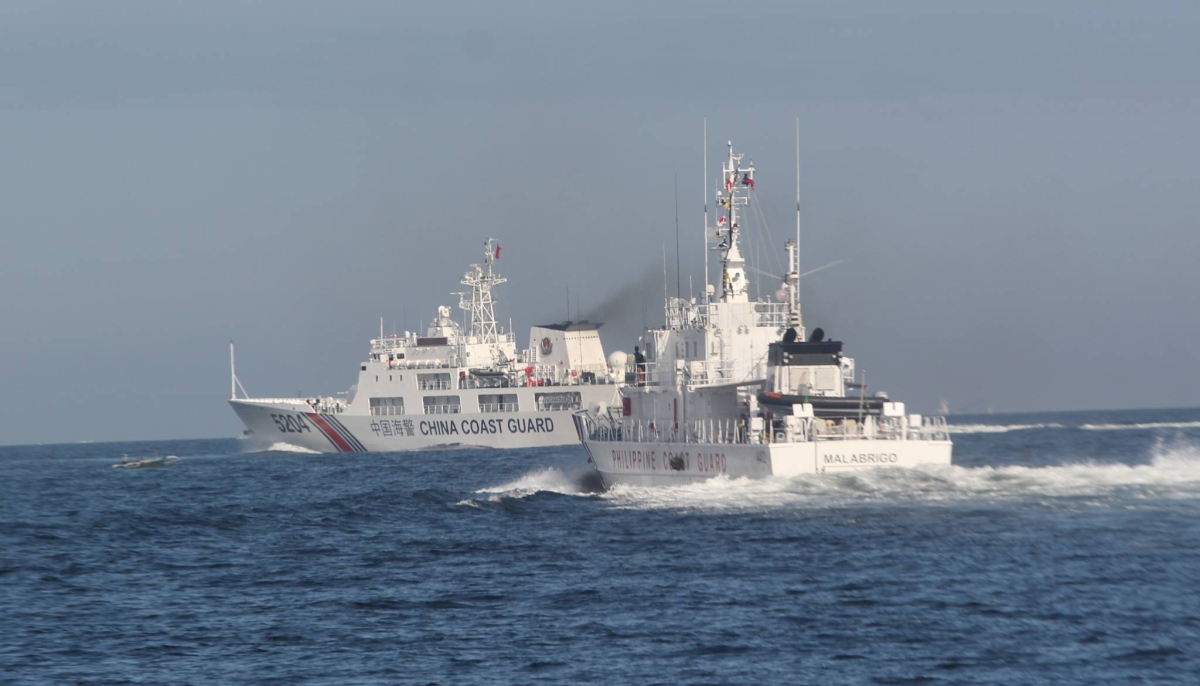The Philippines’ Response to Beijing’s Proposals on the Maritime Dispute
The Department of Foreign Affairs (DFA) of the Philippines has expressed its concerns over some of Beijing’s proposals to address the maritime dispute between the two countries. According to the DFA, these proposals are not aligned with the national interests of the Philippines and would violate the Philippine Constitution and international law.
The DFA’s statement came in response to an article published by The Manila Times on March 11, which claimed that the Philippines had ignored China’s proposals on the sea row. However, the DFA clarified that it had indeed received a number of concept papers from China in 2023 regarding various maritime-related proposals.
Contrary to the claim that the Philippine government ignored China’s proposals, the DFA stated that it had submitted counter-proposals that were the result of extensive internal consultations. While some of the Chinese proposals were considered somewhat workable, many others were found to be contrary to the national interests of the Philippines after careful study and deliberation.
Despite the submission of the Philippine counter-proposals, the Chinese side presented their own counter-proposals, which did not reflect the interests of the Philippines, especially concerning the South China Sea. These matters were further discussed during the 8th Bilateral Consultation Meeting on the South China Sea, held in Shanghai, China on January 17, 2024.
One proposal raised by Chinese Vice Foreign Minister Sun Weidong in March 2023 referred to a so-called “gentleman’s agreement,” in which China insisted on actions that would imply acquiescence or recognition of China’s control and administration over the Ayungin Shoal as its territory. However, the DFA emphasized that the Ayungin Shoal is part of the exclusive economic zone of the Philippines, and therefore, the proposal could not be considered without violating the Philippine Constitution or international law.
The DFA also highlighted the importance of any agreement or understanding reached with a foreign government being in accordance with mutual interests and not undermining the Philippine Constitution or denigrating the legally-settled rights of the Philippines under international law, particularly the 1982 United Nations Convention on the Law of the Sea (UNCLOS) and the 2016 Arbitral Award.
It is worth noting that the Permanent Court of Arbitration invalidated China’s expansive claim in the South China Sea in July 2016, which encroached on the exclusive economic zone of the Philippines.
The Philippines approaches these confidential negotiations with utmost sincerity and good faith. Therefore, the DFA expressed surprise at China’s disclosure of sensitive details of their bilateral discussions. Upon receiving the Chinese proposals, the Philippine government immediately undertook a serious study and consideration of all of them.
The DFA further stated that it engaged in lengthy and in-depth consultations with various concerned Philippine government agencies that have primary competence or functional mandate over the topics and issues presented in the Chinese concept papers. Additionally, several rounds of internal discussions and deliberations were conducted within the DFA to carefully consider the Chinese proposals.
In conclusion, the Philippines is committed to addressing the maritime dispute with China through confidential negotiations that uphold the national interests, the Philippine Constitution, and international law. The DFA is actively engaging in consultations and discussions to find a mutually beneficial resolution while safeguarding the rights and territories of the Philippines.
Source: The Manila Times








